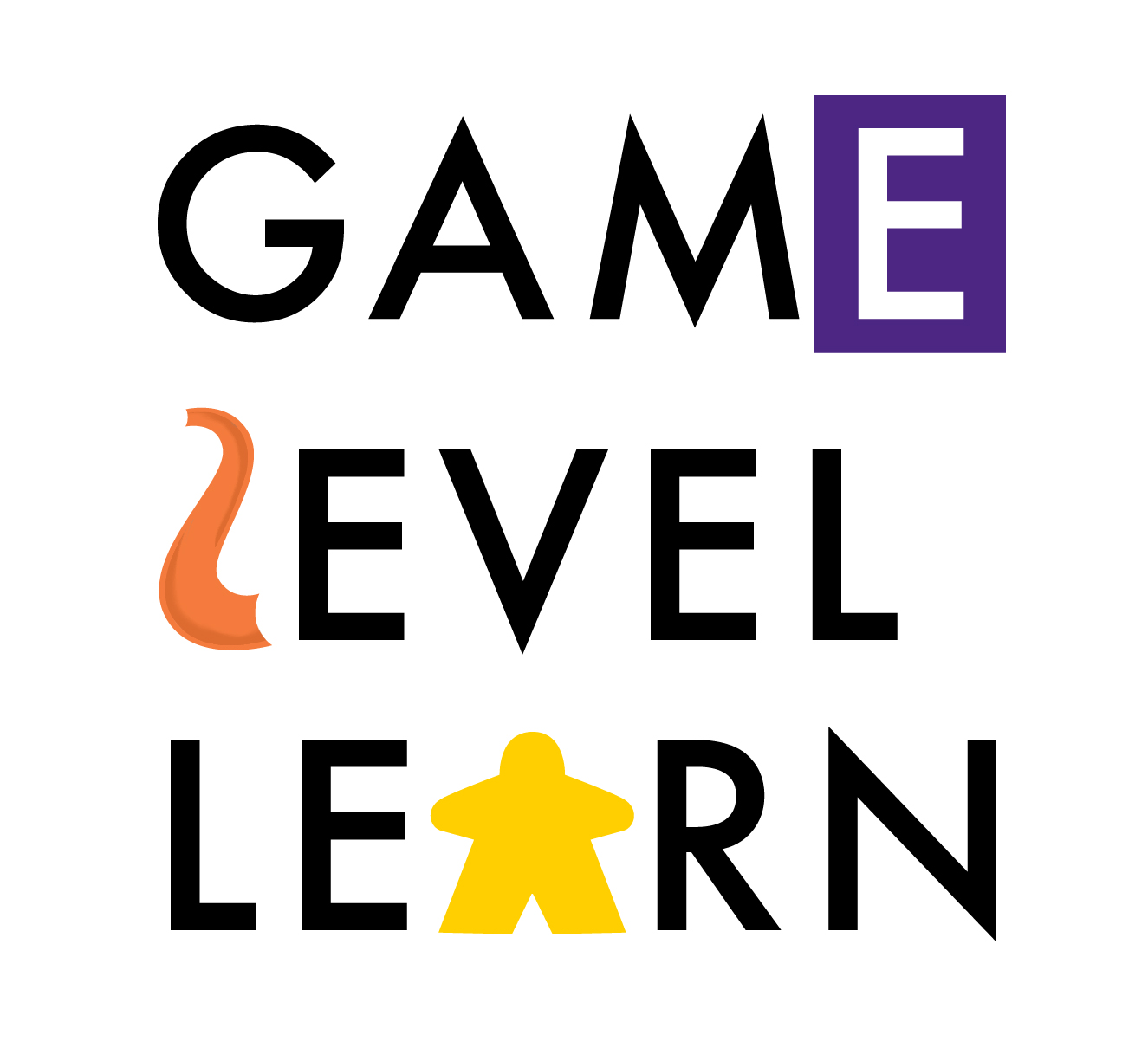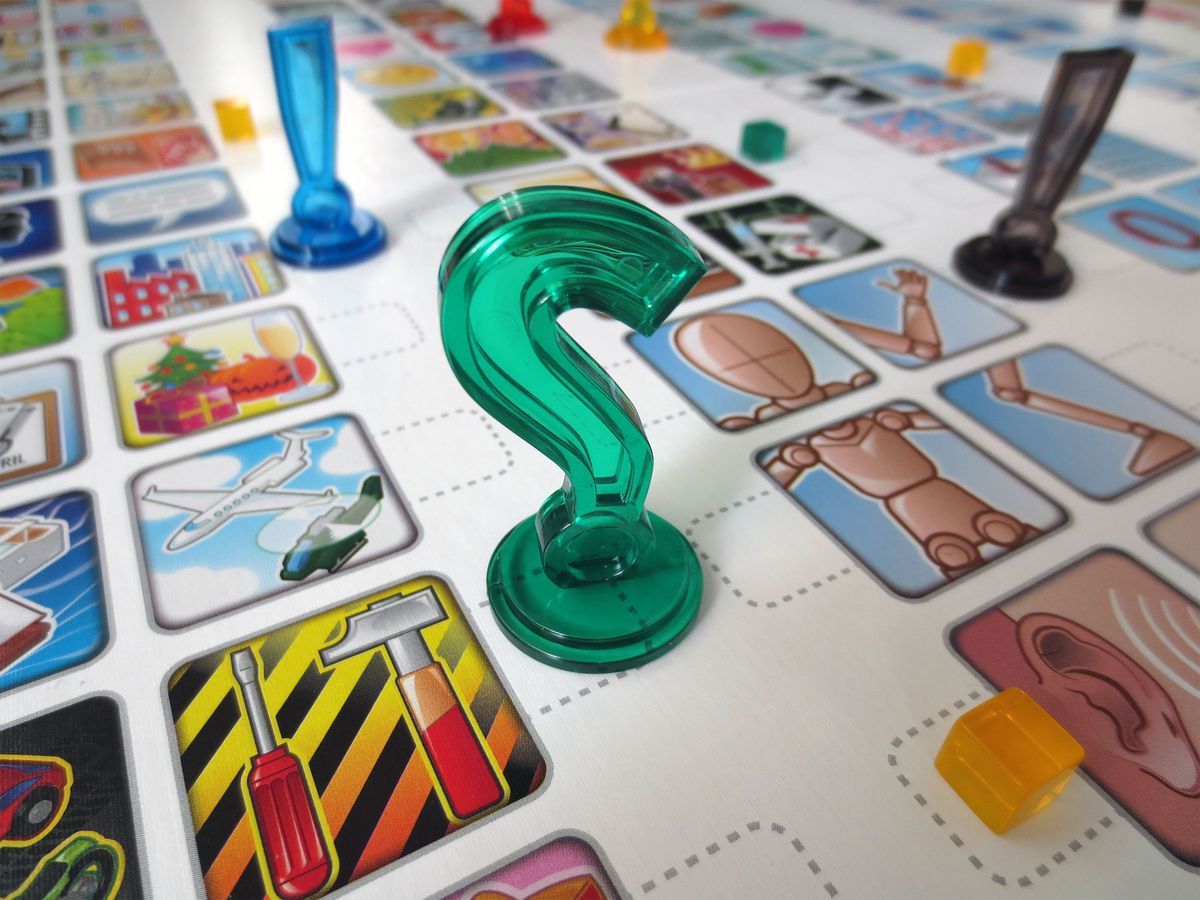51 Mechanics: Partnerships
/BoardGameGeek (BGG) is a singular repository of gaming information, knowledge and wisdom that has been serving the modern board game hobby since 2000. I consult it regularly and have used its database to manage my own game collection. I also used it when I was writing my 2016 book on gamified instruction, particularly with regard to the game mechanics that BGG identified and organized content into. While there are more than 85,000 games, even now, there are just 51 mechanics. Since every mechanic offers something to the teacher who wants to use games in the classroom, I'm going to use this section of Game Level Learn and my own contributions to it to assess games from each of these 51 mechanics. Next up?
Games using the partnership mechanic are a bit of a hybrid between a more typical game where each competitor is in the game for themselves and fully cooperative games where the players are trying to collaborate to beat the game system or a single opponent. Partnership games are great models for gamifed instruction precisely because they modify the competitive framework. Not everyone values competition in the same way. By sharing the responsibility with an appropriate partner, the benefits of competition can be mastered while also modifying the negatives. And moreover, games in this mechanic tend to be among the more accessible games in the current marketplace.
Bang! (BGG Rank: 1011)
In Bang!, the players secretly take on the role of one of four wild west stereotypes: the sheriff, the deputy, the outlaw or the renegade. Only the sheriff's role is public - everyone else's is secret. On your turn, you play a card from your hand. These cards simulate the classic O.K. Corral sort of shoot-out. Your object is to fulfill your role's objective (the renegade wants to be the last person standing, for example). A very straightforward game in many respects and easily accessible.
Codenames (BGG Rank: 42)
I've written about Codenames before and it is a virtually perfect partnership game. Indeed, as there are only ever two teams, even if those teams have multiple players per side, the game still works. I've written about Codenames in other contexts before. I think it's model is virtually perfect. Even better, for teachers who don't know about games and gaming, it takes all of three minutes to teach and a really long game takes twenty minutes. Go play right now!
Concept (BGG Rank: 555)
Concept is a great take on a trivia game/20 questions. In Concept, players work together to try to sort out what one of their fellow players is thinking about (something straightforward like a VW Beetle or something abstract like expressionist film). In this game, the board is used by the main player to share abstract data about what he/she is thinking. These abstract icons help point the team in the right direction.
The Resistance (BGG Rank: 166)
The Resistance is a social deduction game in which teams of players either play Resistance Operatives or Spies for the Empire. The goal of each side is to win three missions. A partnership game in which it's only clear to Resistance Operatives if they're on the same team. Imperial Spies don't know who the other spies are. This makes the game play super intense.
Shadows Over Camelot (BGG Rank: 316)
One of the great cooperative games, Shadows Over Camelot is noteworthy because on each turn, every player must take both a heroic action and an evil action, with the heroic action moving the team forward to victory and the evil action moving the team closer to defeat. One of the most insidious factors in this game is the fact that one player might, and I repeat, might, be a traitor who is working against the team. If you're interested in learning about level design and quest design, this is a good place to start.
Cover art from: https://boardgamegeek.com/image/2467989/concept


